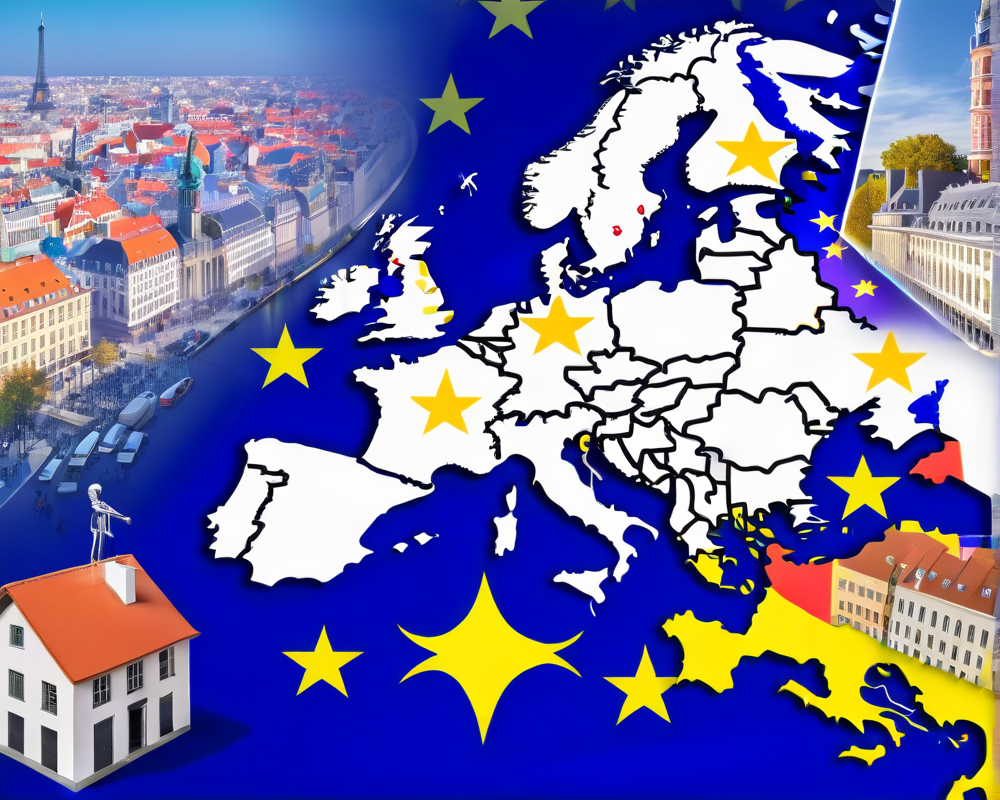The State of AI Regulations in the EU
Representatives from various sectors within the European Union are deep in discussions about fresh regulations aimed at the biggest players in the AI landscape. Picture this: officials huddled around a conference table, crafting rules designed to keep AI in check, all while ensuring that fledgling startups aren’t choked by bureaucratic red tape.
Beyond the Buzz: The AI Act and Its Implications
The upcoming AI Act is set to mirror the spirit of the EU’s Digital Services Act (DSA). If you thought the DSA was a big deal for online platforms, just wait until the AI Act rolls out! This legislation aims to impose mandatory standards on AI systems, including risk assessments and labeling AI-generated content—serious stuff for companies handling complex AI models like ChatGPT-4 and Meta’s Llama 2.
A New Era for AI Compliance
- Risk assessments for AI systems will be critical.
- All AI-generated content must be labeled, making it clear to users what’s human-made and what’s not.
- Biometric surveillance usage? A big fat no!
Striking a Balance: Regulations Without Stifling Innovation
Interestingly, the scheme being discussed aims for a delicate balance—keeping heavyweights like Alphabet and Meta within certain bounds, while not scaring off the startups that could lead to the next big tech breakthrough. After all, no one wants to create a digital ghost town just because the rules are too constricting.
Global Context: How Does the EU Compare?
It’s essential to understand where the EU stands in the global landscape of AI regulations. As the EU gears up for these changes, China has already jumped ahead with its own set of AI regulations that took effect in August 2023. Reports suggest that over 70 new AI models have launched in China since then. What does this mean for the EU? It means that they must tread carefully to stay competitive while ensuring ethical standards.
Final Thoughts: The Road Ahead
While the AI regulations are still in preliminary phases, the discourse surrounding them is crucial. With debates ongoing in the European Commission and among member states, how these rules will ultimately shape the AI landscape remains to be seen. Will the EU set the tone for responsible AI use, or will it inadvertently make things tougher for innovators? Only time will tell!




